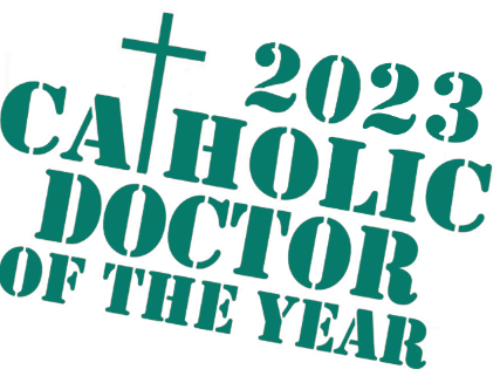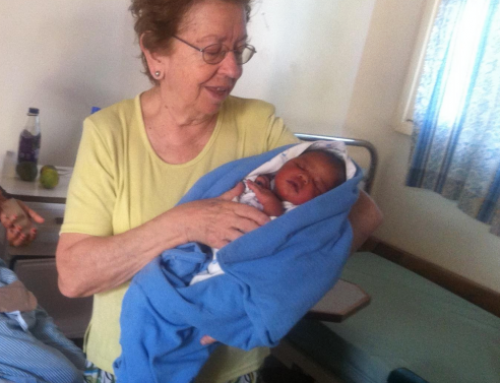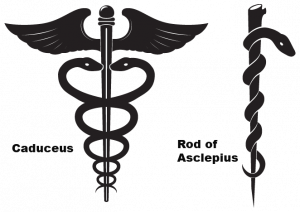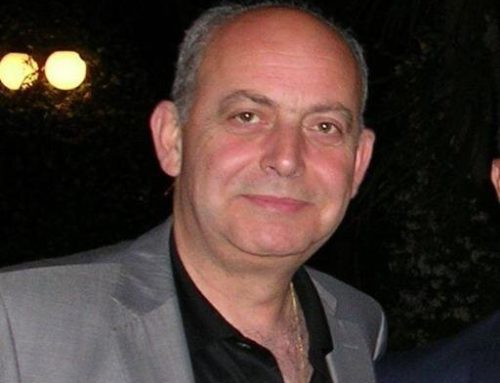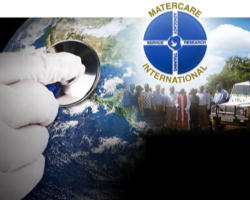Published: 20 May 2020
CHARLOTTE — Now more than ever, Catholic medical professionals have been relying on their faith as they respond to the COVID-19 pandemic. The Catholic News Herald reached out to two Charlotte-area doctors to see how they are approaching their work and adapting to the crisis.
Dr. Matt Zban and Dr. Matthew Harrison belong to the Catholic Health Professionals of Charlotte, whose mission is to provide Catholic health professionals with an opportunity to network and grow in their Catholic faith.
“The COVID-19 epidemic has challenged and re-affirmed my faith,” said Zban, an emergency physician with Mid-Atlantic Emergency Medical Associates who works as an emergency physician at Novant Presbyterian Medical Center and Novant Matthews Medical Center. “Even before the pandemic, the words of Jesus directly challenged me and faith is a daily conversion/transformation. Being Catholic has me battle-ready because I trust in God and the many ways He provides for me, us.”
Zban, a parishioner at St. Gabriel Church in Charlotte, turns to the Magnificat devotional for inspiration and his “weapon of choice” is the rosary.
“In many ways, I approach this pandemic with the same fundamentals I have employed for decades,” he said. “I believe science and faith are both important every day I work. They do not oppose one another but actually complement each other. Physicians, and our patients, are body and spirit and we must care for the entire person.
“If we treat our patients as a random grouping of molecules, we are not doing our absolute best. We should consider aspects of a patient’s soul – such as their feelings, what they are thinking, their fears and concerns, religious preferences and needs while in the hospital.”
Harrison, a hospitalist physician at Novant Health Rowan Regional Medical Center who is a designated COVID patient provider, said he is seeing a good amount of elderly and patients with other medical problems becoming very sick with COVID-19.
As of May 20, 702 North Carolina residents have died from COVID-19.
“It’s very challenging to take care of patients that are unable to have family visit,” said Harrison, who is a parishioner at St. Mark Church in Huntersville. “It’s also challenging to find disposition for many patients when they are discharged, because nursing homes do not want to take them and some families do not want them at home, either. The patients are lonely in their rooms as they cannot have visitors, and patients with dementia are scared and confused when family cannot stay with them.”
Most COVID-19 patients Zban said he is caring for are young people who experience flu-like symptoms and recover uneventfully.
“However, he noted, “approximately 10 to 15 percent of COVID-19 patients become seriously ill with pneumonia. We have cared for many people with respiratory failure that require hospitalization in the intensive care unit. A small percentage, less than 1.5 percent of all patients infected, not just those with a positive test, will die. Those over age 50 and with chronic medical conditions are most at risk.”
“As you can imagine, this is very stressful for the patients, their families and health care workers,” he added. “This disease brings us face-to-face with our own mortality.”
Adjusting to a new work-life balance in an extreme medical situation can be challenging for anyone, but not infecting their families remains a top priority for health care workers on the front lines of the pandemic.
“Some doctors, nurses and physician assistants isolate themselves by staying in different parts of the house than the rest of the family,” Zban said. “There are many effective practices to make sure one does not bring the virus home and infect loved ones.”
“During the first weeks, I quarantined from my family after work and slept in a separate area,” Harrison said. “But after reading more reports and understanding contagion factors, I am no longer quarantining from my family. I am not visiting my elderly parents, and all of my children are healthy.”
Comforting families who are unable to be with their COVID-ill loved one is challenging.
“I have made more phone calls to patients’ families,” Harrison said. “I have several elderly couples that have both been admitted and have made sure they are able to visit each other since they both have COVID. We have used iPads to allow families to FaceTime and Skype each other. We have had patients that were going to have to be intubated, and we were unsure if they would live, FaceTime family members to say goodbye because they were not sure if they would survive.”
Harrison said he’s prayed with and for patients – especially those isolated from their families.
“Psalm 27:14 is great because it encourages people not to despair or give up on the Lord,” he said. “My faith has been reaffirmed during this time and the separation from the easy access to the sacraments has made me appreciate them more, as well as our priests.”
He has assisted patients with receiving the sacraments, working with the hospital chaplain to help bring in local priests. And he’s been able to provide protective personal equipment for priests’ use if needed when they visit ill patients, and offer them recommendations on offering the sacraments safely.
“I am encouraged by how our priests have taken on this challenge of comforting their parishioners and providing sacraments through new and innovative ways while preserving social distancing recommendations and safety,” he said.
— Kimberly Bender, Online reporter


